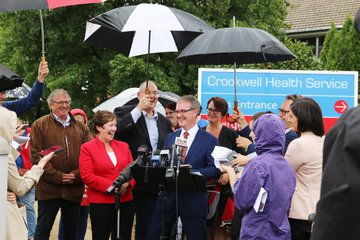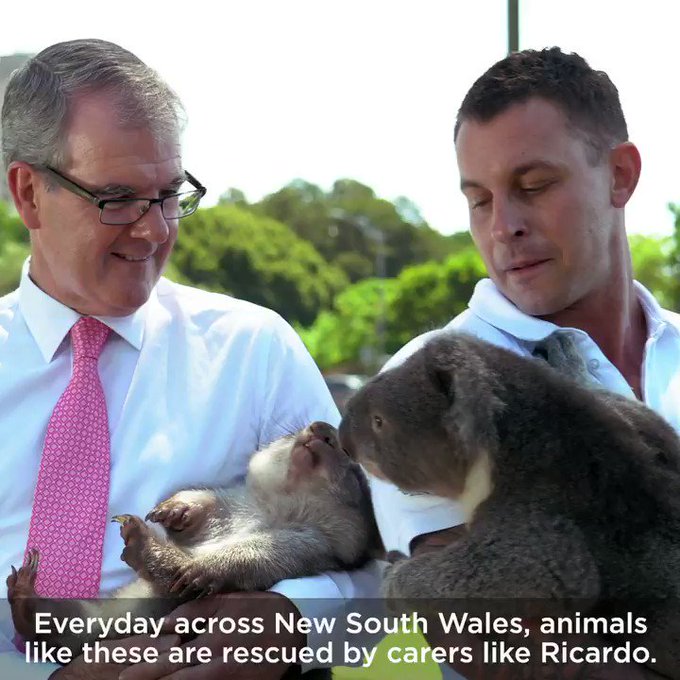A Daley Labor Government will deliver the $3.5 million upgrade for Crookwell District Hospital.
NSW Labor Leader Michael Daley was joined by Shadow Health Minister Walt Secord and Country Labor candidate Ursula Stephens to re-commit to the project.
NSW Labor’s commitment for Crookwell District Hospital will cover:
- Improvements to emergency department;
- Additional hospital equipment; and
- An additional emergency department bed.
Crookwell District Hospital’s emergency department had 5,240 presentations in 2017-18 – a 14 per cent increase from the year 2013-14.
Country Labor candidate for Goulburn Ursula Stephens said that the community had spoken and the need for the hospital upgrade was “plain to see”.
“After eight years of neglect, the Crookwell District Hospital will finally get its well-deserved,” she said.
Mr Daley praised Ms Stephens for her strong advocacy on this important issue – saying this project has only happened due to her strong local advocacy and the community-based campaign.
Ms Stephens said: “Sadly, the Liberals and Nationals have the wrong priorities. They prefer to splurge $2.2 Billion on Sydney stadiums – whereas Labor wants to invest in our health and hospital system – especially regional facilities like Crookwell Hospital.”
“The Crookwell Hospital staff do a wonderful job, in difficult circumstances. There are genuine WHS issues that must be addressed and this upgrade will allow the Hospital to work with Health Infrastructure to overcome those genuine safety concerns for patients, staff and visitors”, she said.
Key statistics on Crookwell District Hospital
- 15 per cent of urgent patients were not treated within the clinically recommended time period of 30 minutes;
- 17 per cent of emergency patients weren’t treated within the clinically recommended time period of 10 minutes; and
- 10 per cent of patients admitted at the emergency department waited at least three hours and 18 minutes before they were able to leave the hospital.
(Crookwell District Hospital is an 18 bed acute care facility providing general medical services. The hospital has an emergency department operating 24 hours a day seven days per week. It is within the Southern NSW Local Health District – and it is more than 112 years old.)






